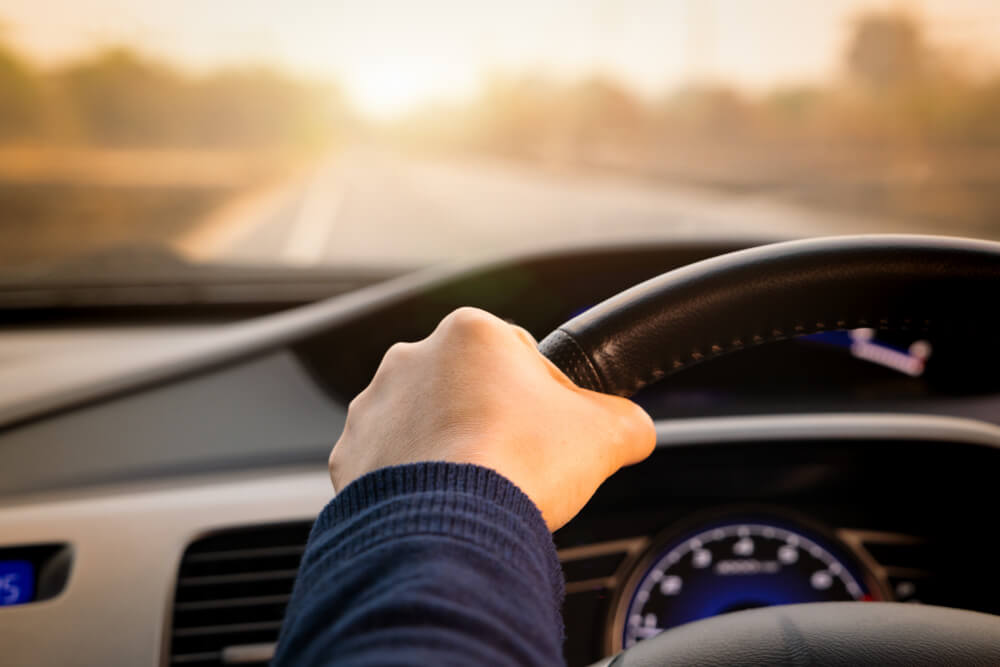If you’re injured in a wreck and the other driver has no insurance, it’s stressful — but there are concrete steps you should take right away to protect your health, your legal rights, and your ability to get medical bills paid. Below is a plain-English checklist and short explanations of the insurance tools that may help (PIP, UIM/UM, health insurance), plus what to tell your doctor and insurer.
First things first — at the scene (what to do right away)
- ✅ Call 911 if anyone is hurt or if traffic is unsafe. Emergency responders should be summoned for injuries and to create an official police report.
- 📸 Document the scene. Take photos of vehicles, license plates, damage, road conditions, traffic signals, and visible injuries.
- 🧾 Get names & info. Collect the other driver’s name, phone, license plate, vehicle model, and insurance information (if any). If they say they’re uninsured, note that — but still record what they give you.
- 🧑🤝🧑 Collect witness info. Names and phone numbers of anyone who saw the crash can be crucial later.
- 🚓 Ask for a police report. If police respond, get the report number and officer name — police reports are strong evidence for claims. Even if police do not come, you should still report injuries to 911 so there is a record.
Next: get medical attention and document injuries
- 🏥 See a doctor right away. Don’t delay — prompt treatment documents injuries, helps recovery, and strengthens any claim. Keep all records, bills, and treatment notes.
Who pays the medical bills when the other driver is uninsured?
There are several possible sources — you may have more than one that applies.
1) Personal Injury Protection (PIP) — first up (if you have it)
- In Washington, PIP helps pay medical costs and certain other losses regardless of fault. Insurers must offer PIP and many policies include it unless you signed a waiver. PIP can pay medical bills quickly after a crash.
- Important: PIP is often first-party coverage — meaning it pays you directly and can be primary for medical bills from a crash. Tell your medical providers you have PIP so they bill the proper insurer.
2) Uninsured / Underinsured Motorist (UM / UIM) coverage
- If you carry UM/UIM on your own policy, you can file a claim with your insurer when the at-fault driver has no insurance (UM) or not enough (UIM). This coverage protects you when the other driver can’t pay. It’s a first-party claim to your own company.
3) Your private health insurance
- If you don’t have PIP or it’s exhausted, your private health insurance can (and often will) pay medical bills. In practice, PIP is usually primary for crash-related medical treatment and private health insurance becomes secondary. Using health insurance avoids medical providers filing liens and may get lower contracted rates. Keep receipts and let your health insurer know the bills are crash-related.
4) Claims against the at-fault driver (third-party claim / lawsuit)
- You can make a claim directly against the uninsured driver — but if they truly lack insurance or assets, collecting can be difficult. That’s why PIP and UM/UIM exist. If the other driver refuses to pay, Washington also allows you to report uncompensated damages to the Department of Licensing (file a Motor Vehicle Claim for Damages) within certain deadlines. Washington State Department of Licensing
Practical checklist after you leave the scene
- Call your insurance company and report the crash (tell them if the other driver is uninsured).
- Give medical providers your PIP (or health-insurance) info so billing goes to the right payer.
- Keep a file of photos, medical bills, receipts, the police report number, witness info, texts or photos from the other driver, and any communications with insurers.
- If you have UM/UIM, ask your insurer how to file a UM claim — they will explain the proof and documentation needed.
- If the other driver is uninsured and you’ve suffered significant injury or loss, contact a personal injury attorney — many firms (including ours) offer free consultations in Centralia to review PIP, UM/UIM, and suit options.
Common questions, short answers
- Should I call the police? Yes — especially if anyone is injured, or property damage/injury is significant. Police reports and 911 records help claims.
- Should I still get the other driver’s info if they say they’re uninsured? Yes — always collect whatever info they provide and get witness names/photos. That info helps if their insurance or identity needs to be verified later.
- Do I have PIP or UM/UIM? Check your own policy declarations page or call your agent. PIP is commonly offered and UM/UIM is strongly recommended if you want protection when others lack insurance.
- Should I use my private health insurance or wait for PIP/settlement? Use the coverage that keeps bills paid and avoids liens. PIP is usually primary, with private health insurance secondary; using health insurance often reduces billed amounts. Discuss billing with your provider and let your attorney help coordinate.
Why call a lawyer? (quick)
If you’re injured and the other driver is uninsured, an experienced injury attorney can:
- Explain how PIP and UM/UIM interact in your case.
- Coordinate medical billing and protect you from liens.
- Handle negotiations or lawsuits against uninsured/underinsured defendants or your own insurer (UM/UIM).
- Make sure deadline and proof requirements are met.
Free consultation — Althauser Rayan Abbarno (Centralia)
If you were hurt in a crash in Centralia or anywhere in Washington and the other driver is uninsured, call Althauser Rayan Abbarno for a free consultation at (360) 736-1301. We offer Spanish interpretation and can review whether PIP, UM/UIM, or other options apply in your case. We’ll explain next steps and help protect your rights.
📞 Free consult in Centralia — call us or visit our office to get started.



Recent Comments